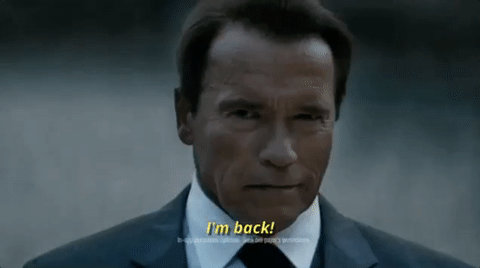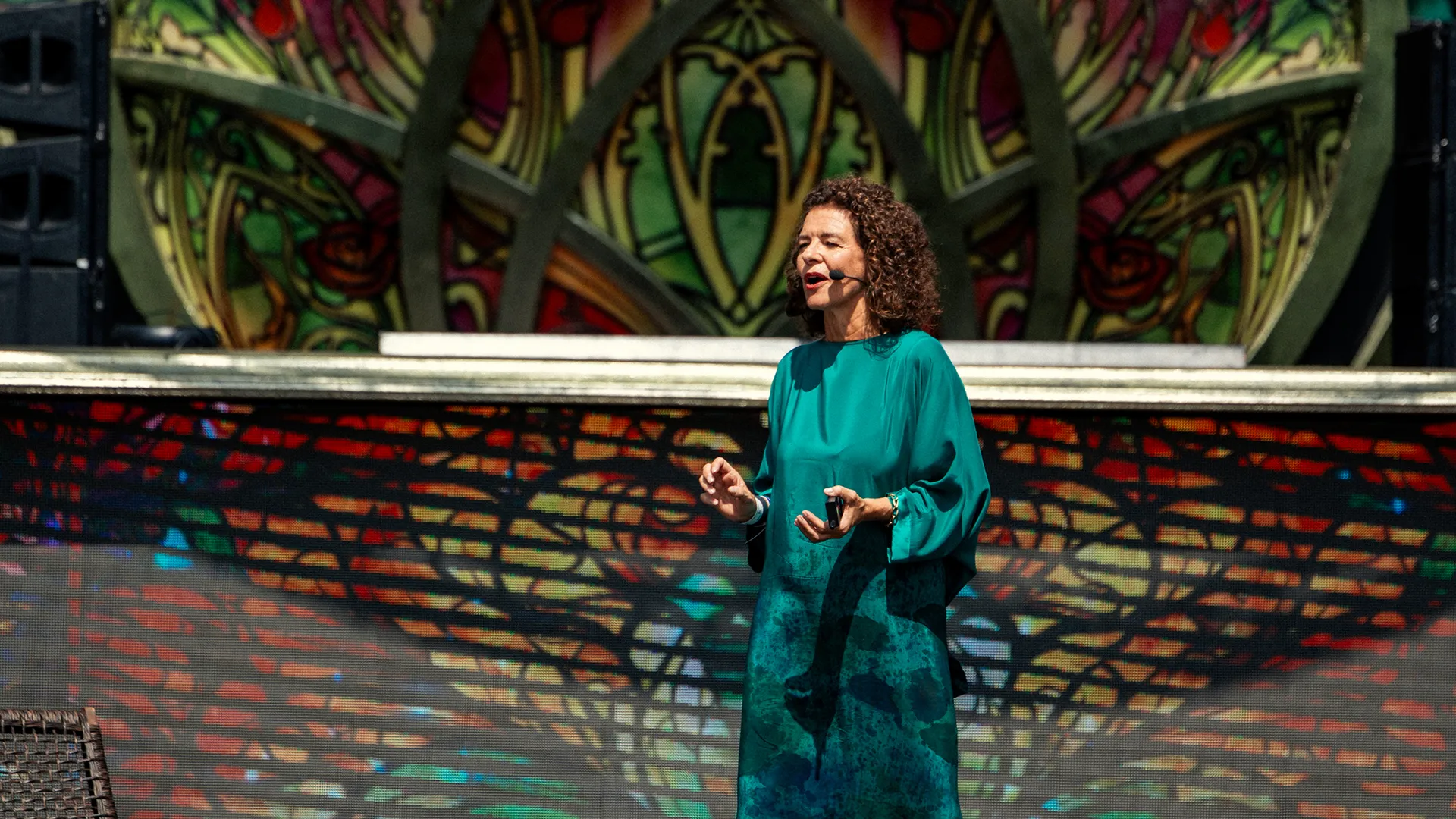HR Is Broken: Why It’s Time to Treat Employees Like Users, Not Resources

“HR is broken.”
That’s how Maura Nachtergaele, co-founder and CEO of PayFlip, opened her talk at the Love Tomorrow Summit. And it wasn’t just for shock value. It was a wake-up call — not just for HR leaders, but for every CEO, manager, and founder who believes culture is about Friday drinks and policy handbooks.
Because if HR is all about paperwork, processes, and compliance… where are the people?
Relive Maura's talk at Love Tomorrow Summit:
The uncomfortable truth about HR
Talk to any HR manager today, and you’ll hear a similar story.
“My job? Managing risks. Putting out fires.”
That’s not strategy. That’s survival.
Somewhere along the way, HR became a cost center instead of a growth engine. The department that only gets attention when something goes wrong. If HR isn’t on fire, the CEO doesn’t care.
Meanwhile, the world of work has changed completely.
- The war for talent is real
- Burnout and bore-out are everywhere
- A new generation expects meaning, not just money
- And AI is redefining what “work” even means.
We’re not facing trends, we’re facing forces.
And those forces demand a new kind of HR.
From control to context
At PayFlip, they borrowed a principle from Netflix’s No Rules Rules: don’t control people — give them context. Netflix hires smart people and trusts them to make smart decisions. No micromanagement. Just clarity, trust, and context.
Maura calls it one of the most powerful lessons they ever adopted at PayFlip.
“When you trust people with the bigger picture, they act like owners. When you limit them with rigid policies, they act like employees.”
That shift — from control to context — changes everything.
Your company is not a family
Another myth Maura was eager to kill: the idea that “our company is like a family.”
It sounds warm. It sounds nice. But it doesn’t work.
Families are built on unconditional love and loyalty. Companies are built on trust, feedback, and performance. You wouldn’t fire your uncle for telling a bad joke at Christmas — but you should let go of a team member who isn’t pulling their weight.
At PayFlip, Maura prefers the sports team metaphor. Teams are about trust, honesty, and pushing each other to grow. Feedback isn’t personal, it’s part of the game.
She reinforces it by telling a story from her years as a gymnast. Her coach once told her, “You’re a hard worker. You have the mindset. You might not make the Olympics, but we can work with that.”
That safe space — where feedback was never meant to hurt, but only to help — became her model for leadership.
“That’s what I want my team to feel at PayFlip,” she says. “We’re not a family. We’re a team. And feedback is how we win together.”

Stop managing HR. Start designing the employee experience.
HR shouldn’t be about resources. It should be about experience.
Think about it this way: every company basically builds three products:
- The financial product — the return for investors.
- The core product — what you deliver to customers.
- The employee product — the experience you build for your people.
And just like customers, employees “sign up” for that product. Again, and again.
Every month is a new subscription. If the experience fails, they churn.
When you frame HR like product design, everything changes. You listen more. You iterate. You measure. You don’t treat people as resources to manage, but as users to understand.
“Understand your employees as well as you understand your customers.”
That’s not a nice-to-have. That’s survival.
Three lessons from PayFlip’s employee product
At PayFlip, Maura and her team decided to build HR like a product. And then test it, improve it, and make it truly valuable.
Here’s what that looks like in practice.
1. Radical transparency
PayFlip’s salary system is open and public. Every role has a clear level and pay scale. Candidates can see it before they even apply.
There’s no secret negotiation or politics. Just ownership. Every employee can influence their own salary by demonstrating growth and impact.
Twice a year, they review the salary grid, and employees can make their case for promotion. It’s not about hierarchy. It’s about trust through transparency.
2. Fast, self-steering onboarding
Every new team member gets a personal onboarding board in Notion. Four weeks, dozens of tickets, and one clear goal: become self-steering fast.
The board includes videos from Maura and co-founder Philippe, even old pitch clips from PayFlip’s early days. It’s a full download of context, culture, and purpose (and, in her words, crop tops included — unfortunately).
By the end of the first month, no one feels like a “newbie.”
They’re part of the story.
3. An AI assistant for everyone
Every PayFlip employee gets access to their own personal assistant, affectionately called Dust.
Dust sits on top of all the company’s tools — Notion, HubSpot, Intercom, Linear — and pulls up exactly what you need, when you need it. It’s how Maura prepped her Love Tomorrow keynote, and how her team avoids wasting hours in Slack threads.
“It’s not just an efficiency tool. It’s autonomy in action. Context on demand.”
The future of HR: from administration to leadership
So where does that leave us?
With a simple but radical reframe: HR isn’t about processes. It’s about people.
HR shouldn’t be a support function. It should be a strategic engine — the team that builds and improves the employee product. So:
Stop designing for compliance. Start designing for experience.
Stop managing people. Start leading them.
Because when you build for people, they build for you.
Final thoughts
The companies that will win tomorrow won’t have the biggest HR departments, but they’ll have the boldest people leaders.
Leaders who understand that culture isn’t a poster on the wall. It’s the way you hire, reward, and trust your people.
HR isn’t broken beyond repair. It’s just waiting for an upgrade.
And that upgrade starts with one simple question:
What if we built HR like a product — one people actually love to use?
Want to learn more? Watch Maura’s full talk here:



